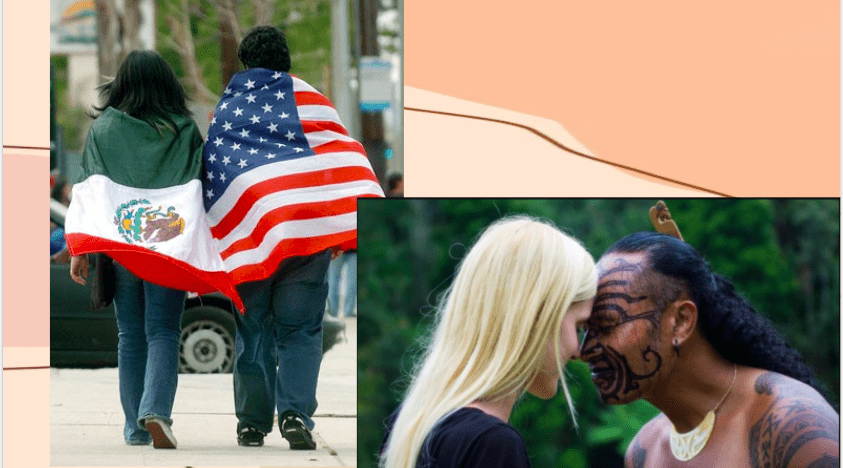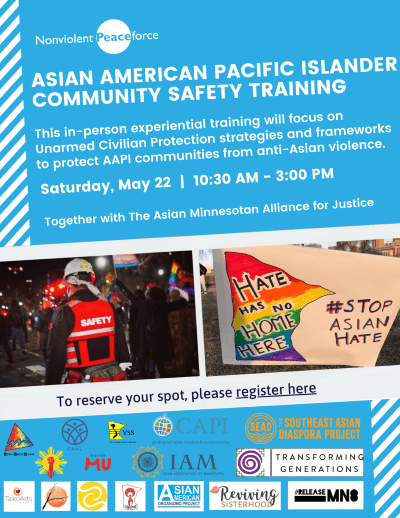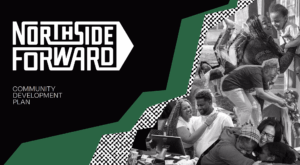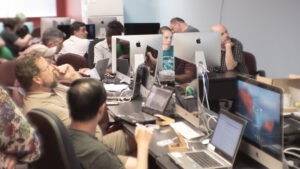Since January 2021, Asian Media Access has hosted a weekly Friday session for youth ages 14-24. The focus for session 12 was on Bicultural Healthy Living – the ability to relate to oneself with two or more cultures. Each youth felt this awareness that they related to more than one culture, and the value of this session was actually putting their feelings and emotions into words. In addition, these Friday sessions provided the space for youth to exchange ideas with those who have similar understanding and lived experiences. It is important for youth to acknowledge their biculturalism, especially with a group that they connect with.
There are multiple levels of Biculturalism, and the healthiest level is being able to retain a balance between both heritage and host culture. Those who can reach the healthiest level have more resilience, especially in stressful situations—one of the reasons is that Bicultural individuals benefit from taking resources available from both cultures. Youth shared examples of using home remedies passed down from family members. Their grandparents and parents often have remedies that the doctors do not share in western medicine, but are effective in their household.
Another possible benefit of being bicultural is being bilingual. Most of the youth primarily spoke another language at home with their family while speaking English at school or work. The youth agreed that they wanted to know more about their native language. One youth said, “I get embarrassed when I talk to elders because I don’t know the right etiquette…I wish that my parents taught me more about our native language.” Even if English is a second language in the youth’s household, the youth view this as an advantage to understand more than one language. Some youth shared that their parents wanted them to focus on the American culture and lifestyle, but that mentality left them feeling like they cannot speak, read, and write in their native language with justice. Giving up on one culture and confirming completely into a dominant culture impacts a bicultural individual’s wellbeing. The goal is to be proud and embrace the fact that they have this dual culture advantage. In the future, the youth want to incorporate more bicultural healthy living practices, especially when they have their own family.
Overall, youth enjoyed being able to learn more about healthy practices, share their bicultural experiences, and express to a group that also feels the advantage of being bicultural. They hope to continue to share their lived experiences and expand other’s understanding.







